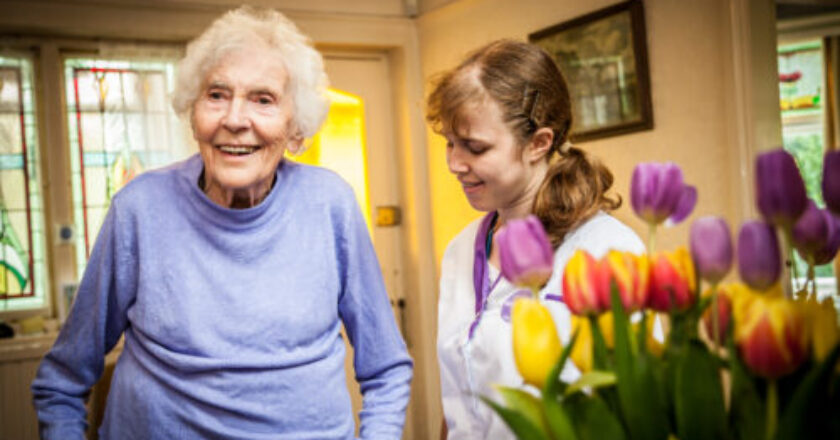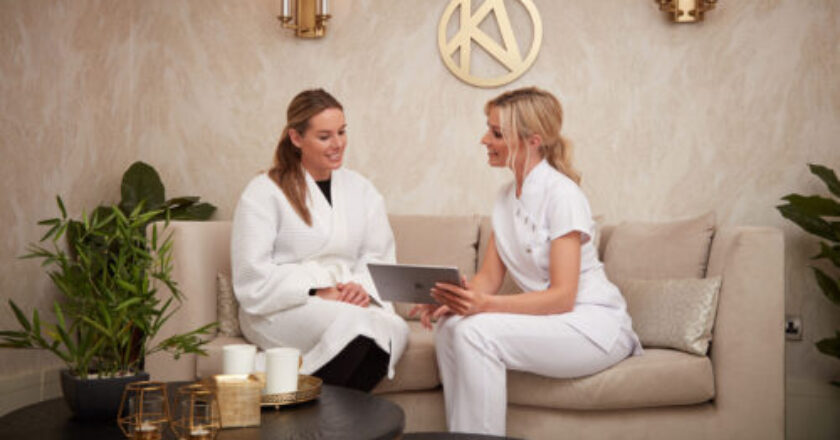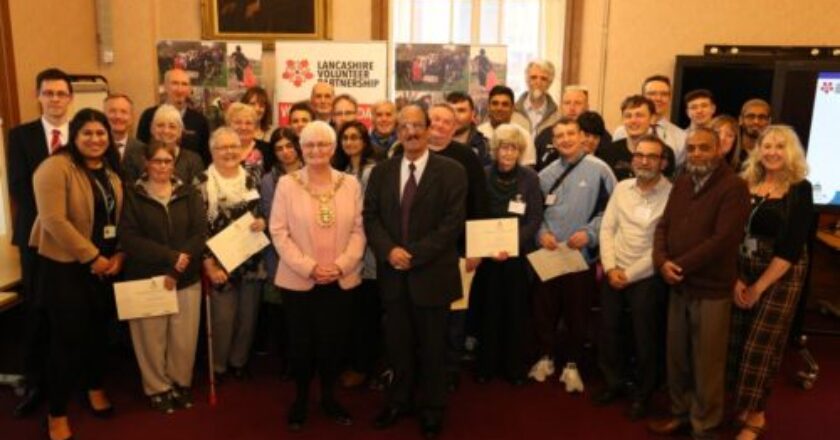People in East Lancashire who are at
risk of diabetes, or who have been diagnosed with diabetes are now receiving
more support than ever before, says the GP lead for diabetes, Dr Rahul
Thakur.
Patients who are at risk of diabetes
can sign up to “The Healthier You: NHS Diabetes Prevention Programme” to help
manage their weight and steer clear of a diabetes
diagnosis.
Dr Rahul Thakur a local GP and
clinical lead at East Lancashire Clinical Commissioning Group
said:
“Most people would
be shocked to know that around 22,000 people with diabetes die early every year
across the country. Type 2 diabetes is a leading cause of preventable sight loss
in people of working age and is a major contributor to kidney failure, heart
attack, and stroke. There
are currently five million people in England at high risk of developing type 2
diabetes. If these trends persist, one in three people will be obese by 2034 and
one in 10 will develop type 2 diabetes.
There is strong
international evidence which demonstrates how behavioural interventions, which
support people to maintain a healthy weight and be more active, can
significantly reduce the risk of developing the condition.
The Healthier You:
NHS Diabetes Prevention Programme (NHS DPP) identifies those at high risk and
refers them onto a behaviour change programme”.
A lack of exercise, poor diet and
being overweight are all risk factors for developing the disease. The NHS
Diabetes Prevention Programme is designed to stop or delay the onset of diabetes
through a range of personalised lifestyle interventions,
including:
•
Education on lifestyle choices
•
Advice on how to reduce weight through healthier eating
•
Bespoke physical activity programmes
Those referred by
their GP, following a GP consultation, will receive tailored, personalised help
to reduce their risk of type 2 diabetes including education on healthy eating
and lifestyle, help with weight loss (for overweight participants), and bespoke
physical exercise programmes, all of which together have been proven to reduce
the risk of developing the disease. Over a minimum of nine months patients will
be offered at least 13 education and exercise sessions of one to two hours; at
least 16 hours face to face or one-to-one in total.
Recent projections show that the
growing number of people with diabetes could result in nearly 39,000 people
living with diabetes suffering a heart attack in 2035 and over 50,000 people
suffering a stroke.
Nationally, over 17,000 have now
completed the NHS Diabetes Prevention Programme nationally and have achieved a
combined weight loss of over 50,000 kg – equivalent to the weight of four double
decker buses.
The NHS Long Term Plan announced that
the programme which sees people at risk of developing type 2 diabetes given help
to lose weight, will double in size over the next few years to treat around
200,000 people a year.
2,526 people in East Lancashire and
1,535 people in Blackburn with Darwen have already signed up to the free
programme with the vast majority benefiting from the support that it is giving
to people. The combined sign up for Pennine Lancashire of 4, 061 over the last
year has put Pennine Lancashire as the most successful area for people joining
the programme.
From July this year, online versions
of the programme, which involve wearable technologies and apps to help those at
risk of type 2 diabetes, will be provided for patients who find it difficult to
attend sessions because of work or family
commitments.
Professor Jonathan Valabhji, national
clinical director of diabetes and obesity said:
“Around two
thirds of adults and one third of children are now overweight or obese; driving
higher and higher rates of type 2 diabetes, that we are now focusing huge
efforts to address, as outlined in the NHS Long Term Plan.
“I’m
delighted that our work so far in this area has been producing really positive
results. This weight loss and glucose reduction is promising – we hope to help
many more of those who are at risk of Type 2 diabetes to not get it in the first
place.”
For people who have a
diagnosis of type 2 diabetes NHS East Lancashire and NHS Blackburn with Darwen
CCGs offer patient self-care diabetes education courses which are freely
available and easy to join.
Diabetes education has been shown to
reduce longer term complications of diabetes and make people feel more confident
in day to day self-management.
In East
Lancashire, patients can sign up to EMPOWER, and in
Blackburn with Darwen, patients can sign up to DESMOND. Both of these are
national,
structured diabetes education programmes designed to help people with type 2
diabetes understand what diabetes is, the effect it has on their body and how to
make small, achievable changes to the food they eat and their everyday
life.
Both EMPOWER in East
Lancashire and DESMOND in Blackburn with Darwen are run as a self-referral
course which means that people who have type 2 diabetes can sign up without
having to see their GP or nurse. To find out more information East
Lancashire patients can go to https://east-lancs.empower-booking.co.uk/
and Blackburn with Darwen patients can go to https://www.lancashirecare.nhs.uk/desmond-blackburn-with-darwen







